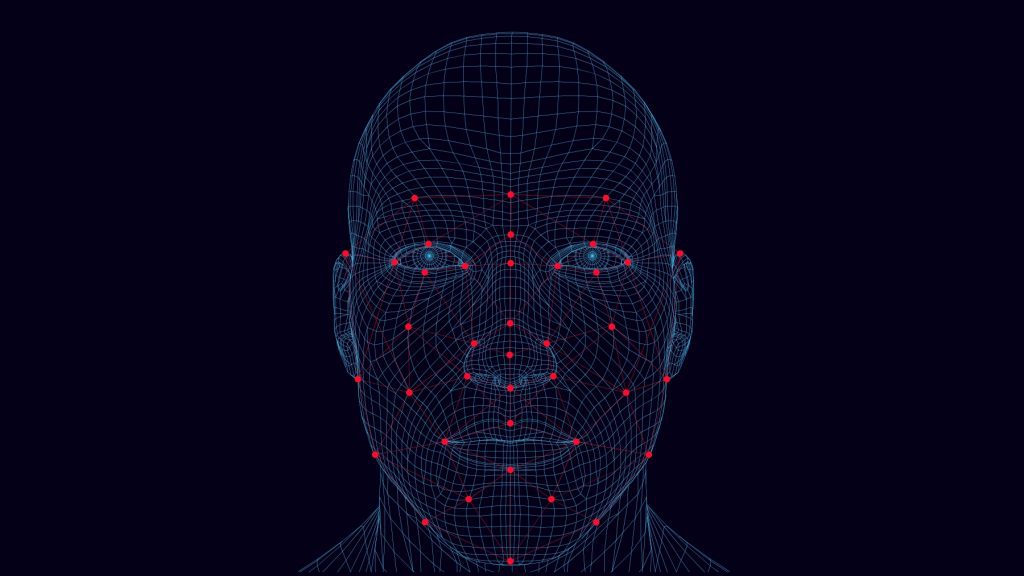
Yale University School of Medicine researchers have created AI tools for data analysis capable of accurately detecting Marfan Syndrome, a genetic disorder by just analyzing facial photographs.
Marfan Syndrome is one of the many hereditary disorders affecting the connective tissue of the body and has an overall prevalence of about 1 in 3,000. Characteristically, individuals with Marfan syndrome are very tall and thin, have long faces, and tend to develop spine and joint problems. Some of those suffering from it go undiagnosed, which might mean it might lead to critical health concerns later if not identified and treated.
One of the most serious complications of Marfan syndrome is aortic dissection, a sudden tear in the aorta. This condition can be life-threatening and often requires emergency surgery.
Face Photographs Saving Lives with AI
According to pilot study published in Heliyon journal, to test the AI tool, the researchers gathered 672 photographs of people affected by Marfan Syndrome and healthy ones. These photographs were analyzed using a Convolutional Neural Network (CNN).
Convolutional Neural Network is a type of deep learning algorithm used for processing grid data, like images.
After being trained on 80% of those images, the AI model was tested on the remaining 20% for the successful identification of the faces belonging to individuals with Marfan syndrome. Results were remarkable, as it managed to accurately identify between Marfan patients and non-Marfan patients, with a rate of 98.5%.
According to Dr. John Elefteriades, professor of surgery at Yale School of Medicine and senior author of the study, “Being able to identify individuals from a photograph with AI will enhance diagnosis and enable protective therapies.”
Diagnosing Yourself Online
In the future, the team behind this AI tool is planning to make it available online, so that people can test themselves for the Marfan Syndrome. This development is part of a collective effort by Yale University, which aims to take advantage of technology and more specifically AI for the early detection of diseases, mainly the rare ones, like the Marfan Syndrome.
For her part, Dr. Nancy J. Brown, dean of Yale School of Medicine, said, “Yale School of Medicine faculty and students are leading the way in developing novel applications of AI to recognize and diagnose diseases, including rare diseases, earlier when we can have the greatest impact.”
Final Thoughts
The fact that AI tools for data analysis are able to somehow find solutions for complex tasks, and especially within the medical field, is a sign of hope for everyone. In addition to that, leveraging this technology to detect rare and complicated conditions like the Marfan Syndrome showcases that such technology has become an essential tool for the medical field.
However, although its potential, making this AI tool accessible online is critical and may raise concerns, because it is well-known that such tools are prone to make errors, thereby putting people’s lives at risk. Consequently, human intervention is always required.
Inside Telecom provides you with an extensive list of content covering all aspects of the Tech industry. Keep an eye on our Medtech section to stay informed and updated with our daily articles.